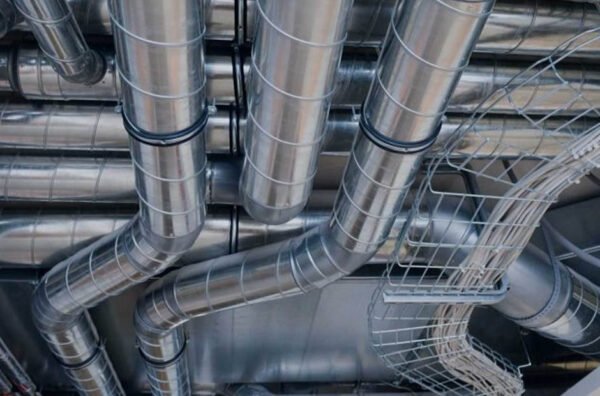As concerns about environmental sustainability grow, individuals and businesses are increasingly seeking eco-friendly solutions in various aspects of daily life. Heating systems, essential for comfort in colder climates, can have a significant environmental impact. This guest post explores green choices in heating system installation, emphasizing energy-efficient and environmentally friendly options that contribute to a more sustainable future.
Table of Contents
1. Energy-Efficient Heat Pumps:
Heat pumps are a green alternative to traditional heating systems. They transfer heat from the air or ground to warm indoor spaces. Energy-efficient heat pumps reduce carbon emissions and lower energy consumption, offering a sustainable option for heating installation in Baltimore, MD.
2. Solar Thermal Systems:
Harnessing the sun’s power, solar thermal systems use sunlight to generate heat for space heating or water heating. These systems can be integrated into existing heating setups or installed as standalone solutions. Solar thermal systems contribute to reducing reliance on non-renewable energy sources and decrease overall carbon footprints.
3. Biomass Heating Systems:
Biomass heating systems use organic materials to produce heat, including agricultural residues, wood pellets, or other renewable biomass sources. The combustion of biomass is known to be carbon-neutral, as the carbon released during combustion is compensated by the carbon absorbed by the plants during their growth. This makes biomass heating a sustainable choice for eco-conscious consumers.
4. Geothermal Heating Systems:
Geothermal heating systems tap into the Earth’s natural heat reservoir for efficient heating. These systems harness the constant temperature below the Earth’s surface by circulating fluid via underground pipes. Geothermal heating is a renewable and eco-friendly option that significantly reduces greenhouse gas emissions compared to traditional heating methods.
5. High-Efficiency Gas Furnaces:
For those who prefer the familiarity of gas heating, opting for a high-efficiency gas furnace is a green choice. These furnaces maximize energy use, minimizing waste and emissions. Advanced technologies, such as condensing furnaces, capture and utilize heat that would otherwise be lost, making them an environmentally conscious option.
6. Energy Star-Rated Systems:
When selecting heating systems, look for Energy Star-rated models. Energy Star certification signifies a product complies with stringent energy efficiency guidelines framed by the U.S. Environmental Protection Agency. Choosing Energy Star-rated heating systems ensures reduced energy consumption, lower utility bills, and a smaller environmental impact.
7. Zoned Heating Solutions:
Zoned heating allows for precise temperature control in different areas of a home or building. Zoned heating systems optimize energy use by directing heat only where and when it’s needed. This increases efficiency and reduces energy waste, making it a sustainable choice for heating system installation.
8. Smart Thermostats and Controls:
Integrating smart thermostats and controls into heating systems enhances efficiency and reduces energy consumption. These devices allow users to program and remotely control heating settings, ensuring energy is not wasted when heating is unnecessary. Smart technologies contribute to a more sustainable approach to managing indoor comfort.
Making green choices in heating system installation is a meaningful step toward reducing the environmental impact of energy consumption. Whether opting for energy-efficient heat pumps, solar thermal systems, biomass heating, geothermal solutions, high-efficiency gas furnaces, Energy Star-rated systems, zoned heating, or smart thermostats, each choice contributes to a more sustainable and eco-friendly future.
Want to experience the benefits of professional heating repairs? Contact Supreme Service Today at (410) 788-1114 to explore heating services tailored to your needs. Make a positive impact on the environment while enjoying the comfort of an energy-efficient heating system.





